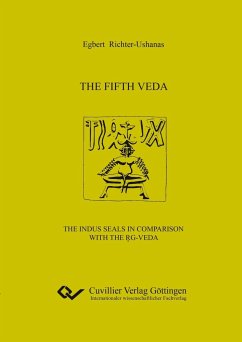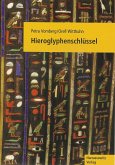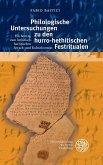The Fifth Veda is an abridged version of Der Fünfte Veda whose latest edition has been published in 2016. The first two chapters and the chapter on the Br¿hm¿ script are almost identical. The investigation of the geo¬metrical signs and of the horse in chapter VII has been added. The English reading is identical with the text in The message of the Indus seals and tablets, whose latest edition appeared in 2016. The master-key of the decipherment in all versions is the discovery of the basic symbolic and linguistic agreement of the Indus inscriptions with the R¿g-Veda. This basic agreement is called the Fifth Veda. It has nothing to do with the Mah¿bh¿rata or the Bh¿gavata Pur¿¿a generally called by this name. There are similarities with the Natya ¿astra, the book dealing with the Indian dance. Its author Bharata is identical to Agni and Rudra-¿iva, that means, the Indian dance originated in the Indus culture. The prototype of a female dancer is the Dawn who a (sacred) prostitute and a loving house-wife as well. Her dance is compared to the move¬ment of the soma-press.








